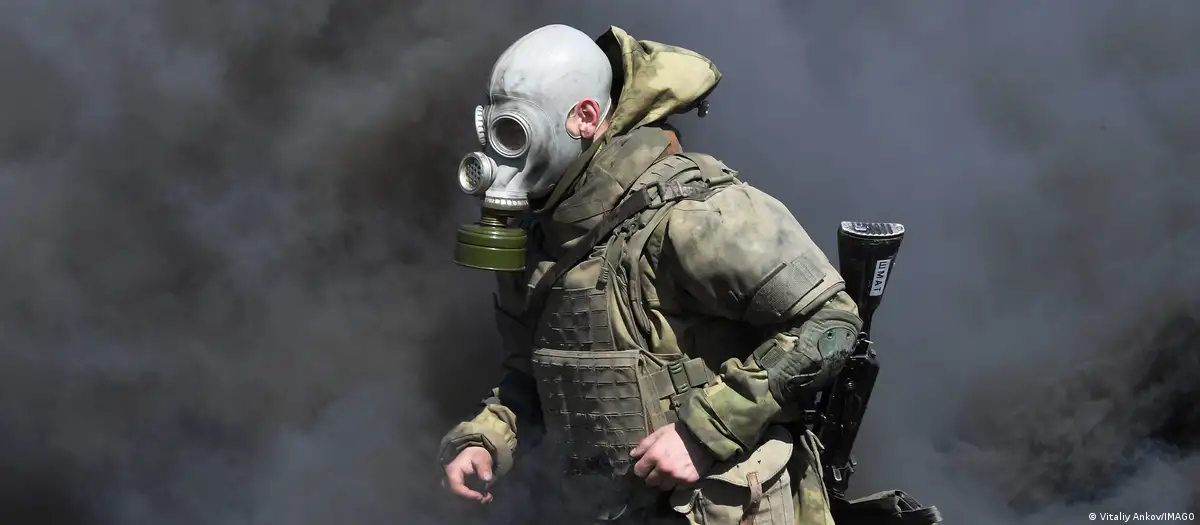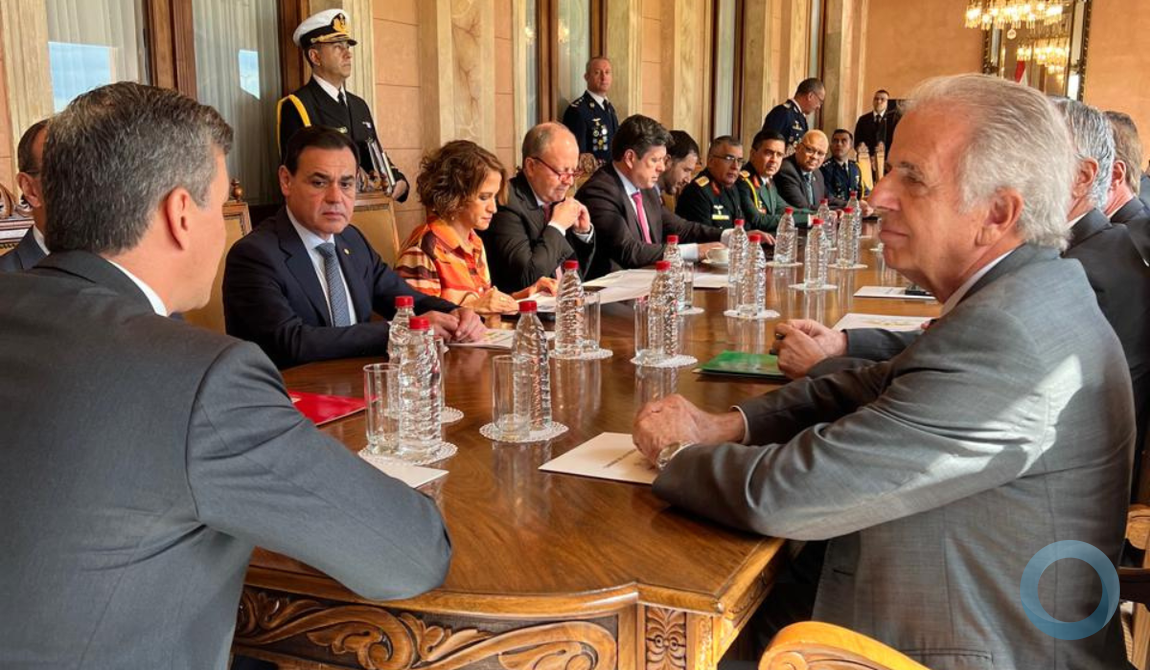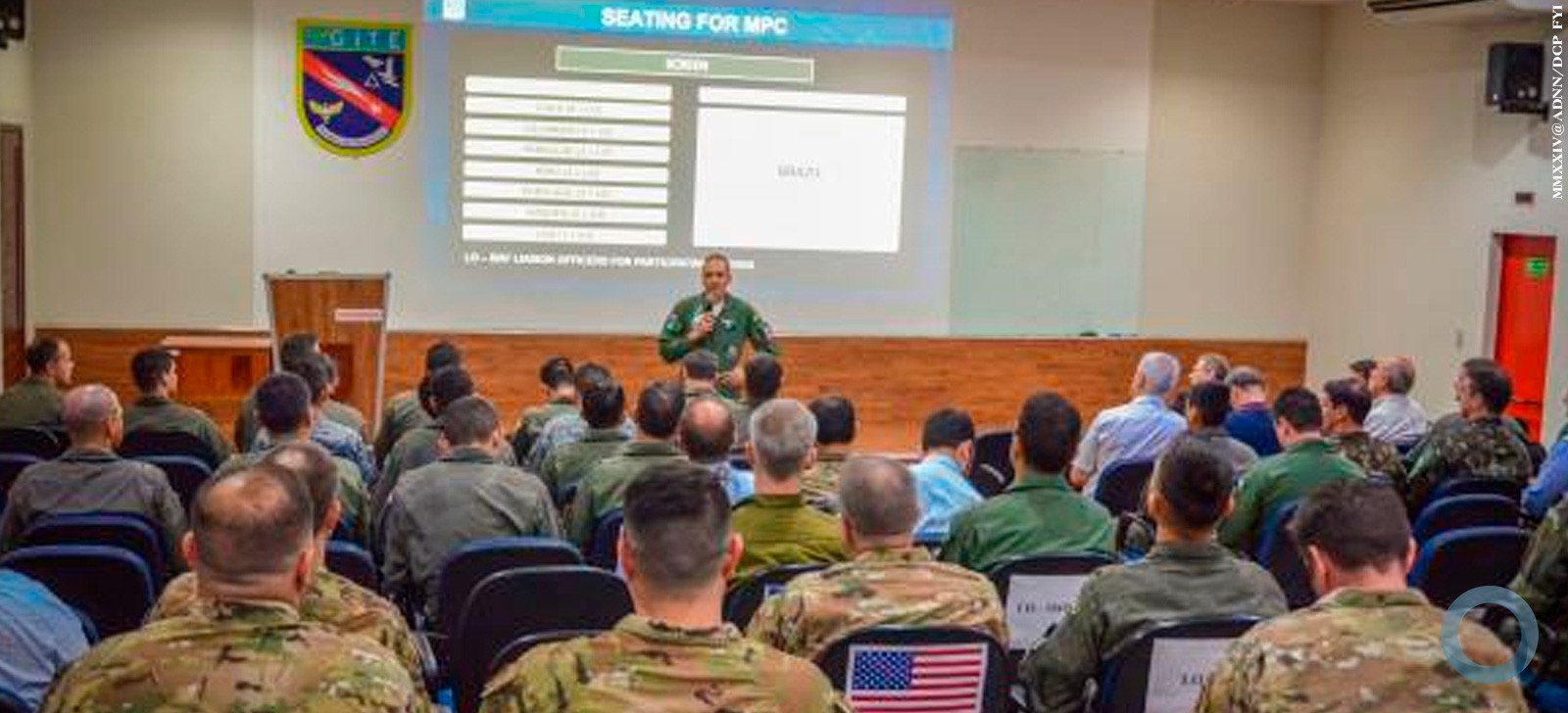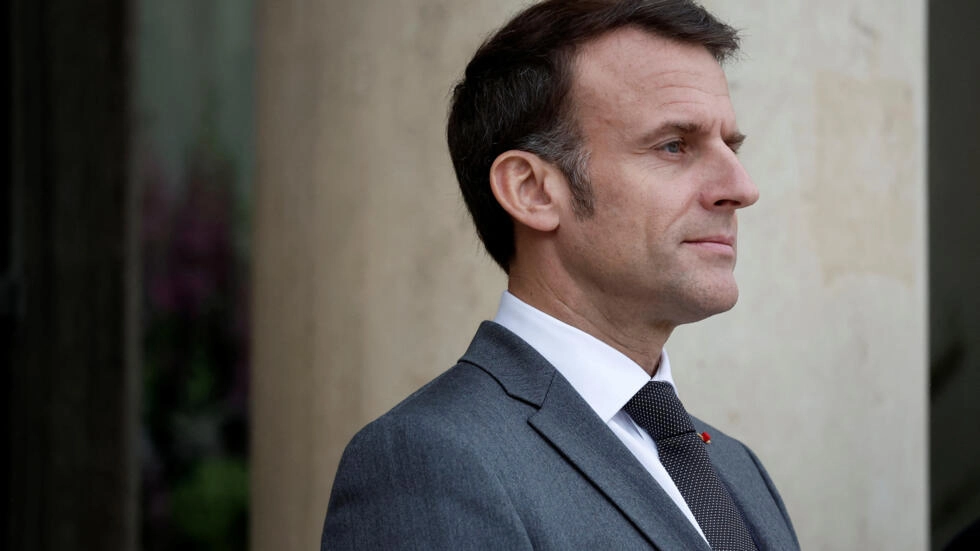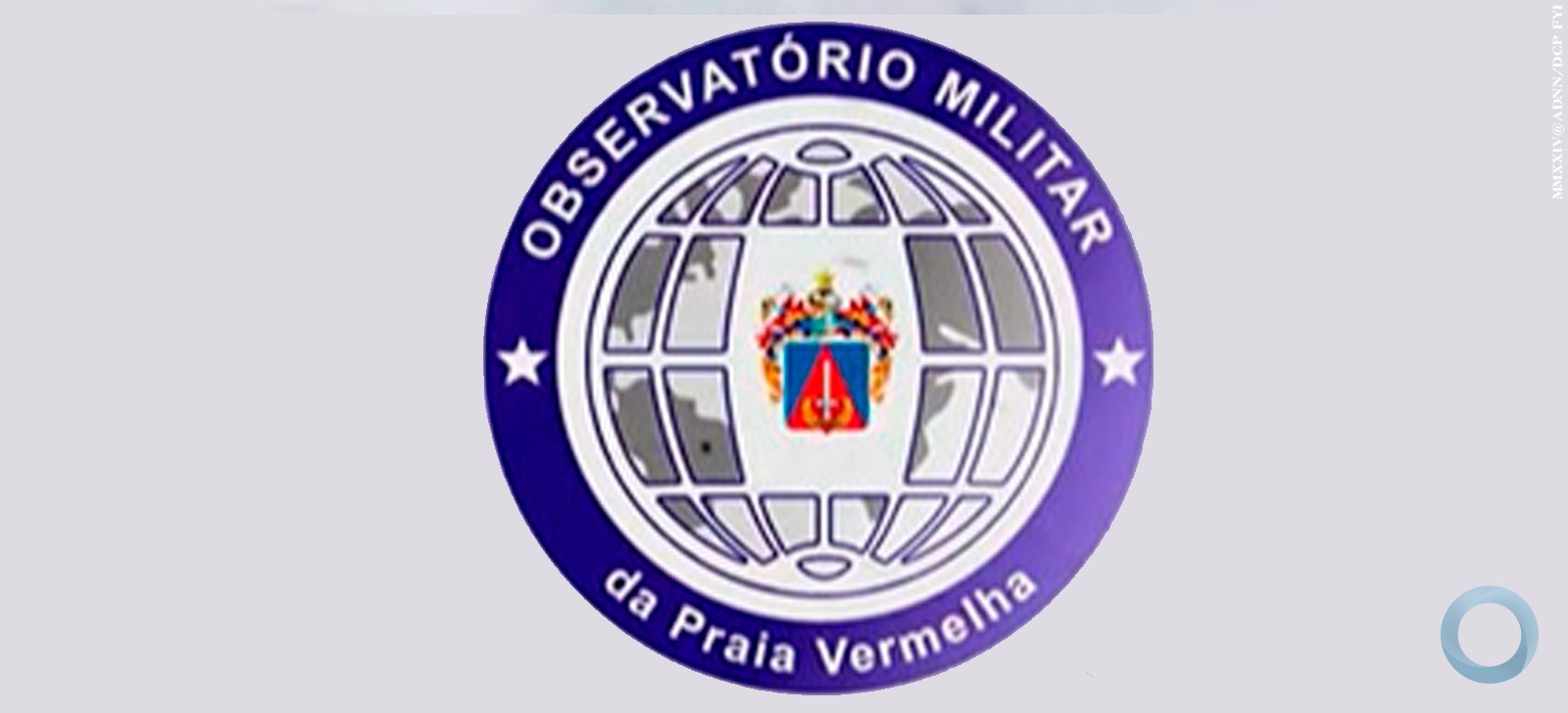We recommend reading the following article:
DefesaNet’s open letter to the Brazilian Treasury Minister, Joaquim Levy Link
Article in portuguese
Joaquim Levy – O exemplo do general Marshall Link
Joaquim Levy
Brazilian Treasury Minister
Proper planning, persistence, people management and conforming to the guiding principles of a mission are key elements for the success of most endeavors.
A good example of this combination of factors is General George Marshall’s performance. He led the American Army during World War II and was an essential piece for the Allies’ victory in Europe 70 years ago.
The general had foreseen that the Army needed to be ready to defend the nation long before it was attacked. Right at the beginning of the war in Europe, he warned the American president about the pressing urge to reorganize and provide the proper means to the Force.
As many specialists at the time, Marshall sought to develop the Air Force, still very small and precarious back then. But, remaining faithful to his nature, when faced with the plan of quickly building 10 thousand aircrafts, he was against it, and preferred to have much less units, provided they came along with resources for training pilots and developing the logistical support necessary for those efforts to actually pay off.
This attention to balance and focus on industrial orderliness were crucial when the American Army jumped from less than 200 thousand men back in 1939 to 4 million in a four-year spam.
In order to lead this large contingent, Marshall used some criteria to choose generals he had known for years. He gave preference to those who showed more common sense, had deep knowledge of the military work, were in good physical form – displaying energy – had an optimistic feeling to them, and whose loyalty came along with drive and determination.
These traits, regardless of appearances, usually appeared as the ability to work in teams, respond under stress and not blaming other for any adversities. These qualities also made the generals prone to protecting the lives of their men – something rarely seen in times of war back then.
This overall sense of respect was a basic rule for the proper functioning of an Army comprised of citizens that had embraced the mission do protect democracy. Its impact on the troopers’ morale helped these men overcome several setbacks, as well as create behavior standards for when the soldiers began to take over and occupy territories – and that included how they interacted with the civilians they met along the way.
The management strategies described in the previous paragraphs can be applied to a number of human activities, and its results have reached even our soldiers from the Brazilian Expedicionary Force (FEB in Portuguese), who fought along with the Allied foces, particularly the Americans.
According to the memories of Osvaldo Cordeiro de Farias, one of the most capable FEB fighters at the time, the Americans knew how to put the talents of Brazilian officers and soldiers to good use – for instance, turning a supermarket manager into a logistics officer.
The veteran also remembered how FEB officers with just two or three years of service proved themselves to be as capable, or even more so, than career officers, both American and Brazilian
All of that was possible due to the quick diffusion of good procedures and bad experiences among the troopers. That translated in faster learning from earlier mistakes. These lessons, no doubt, helped the noble gunner Farias when he returned to civilian life and eventually became the head of a major industry group decades later.
Being able to trust the capabilities of people from different backgrounds is one of the defining traits of democracy and the base of social inclusion. The same trust was also present on Marshall’s strategic vision, and that allowed him to contribute not only to winning the war, but also keeping the peace when the general designed the aid plan to rebuild Europe after the conflict.
This great plan, named after the General, paved the way for the continent’s economical recovery, which led to the creation of the Common Market years later.
While we celebrate the ending of the biggest war in European territory, and give the well-deserved praises and honors to the thousands of Brazilian soldiers that Brazil sent to Italy, Marshall’s tale seems more current than ever. He went against the most obvious inclinations of his Army at the time in order to make sure the Force would function as needed, and made the critical choices that led the American Army to victory.
DefesaNet's notes:
It is very strange and hard to understand why our Treasury Minister, Joaquim Vieira Ferreira Levy, wrote an article praising the American General George Catlett Marshall, Jr.
Marshall was a superior officer that had always been on bureaucratic work, far from the battlefields on both World Wars.
In 1939, American president Franklin Delano Roosevelt appointed Marshall as Chief of Staff of the War Department. He stayed on the job until 1945.
His most controversial act was to keep the commanders of all military divisions in the Pacific completely in the dark about the upcoming Japanese attack in December 1941.
During the witch hunt after the Pearl Harbor attack, he managed not to take any responsibility.
After WWII, he went to China and tried to negotiate a deal between nationalists and communists (Mao Zedong’s followers). He failed.
A skillful politician, he designed the recovery plan for Europe, which was devastated after the war – his most notable accomplishment. This resulted in his nomination for the Peace Nobel Prize in 1953.
The only question we have is:does Minister Levy suggest a sort of Marshall Plan for Brazil?
Chief-editor
Related Material
English
DefesaNet’s open letter to the Brazilian Treasury Minister, Joaquim Levy Link
Portuguese
Carta aberta do DefesaNet ao ministro da Fazenda Joaquim Levy Link






















